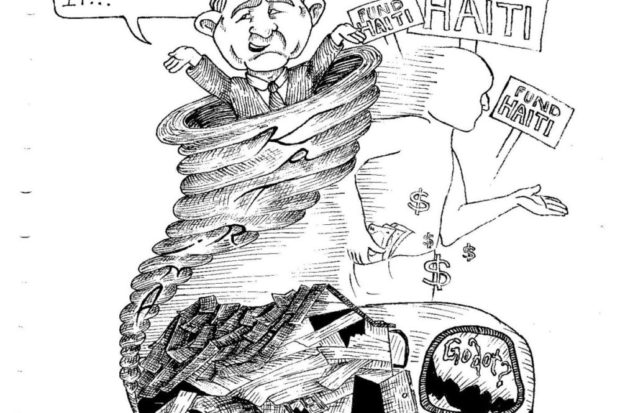
By Joseph Pulido
The term “national interest” is regularly employed by presidents and others in government to argue particular programs of foreign policy. Whatever the issue, whether from the Left or the Right, the phrase, “national interest” has come to be used as a powerful yet vague term that is used to justify various national agendas.
The term in and of itself is not a wayward idea. Each nation possesses its own cultural heritage, history, and particular political situations which make it necessary and good for a country to logically have a national agenda, its own national interests.
However, the mishandling of the term comes when it is employed as a general political expression that is used to validate almost any foreign policy. In today’s concept of the term, there is almost a hallowed belief in the slogan, with nominal critical examination of ethical considerations.
There needs to be renewal in the understanding of the term national interest that respects the interests of one’s own nation, yet respects the interests of other nations.
When the term “national interest” comes to mean national self-interest, history has shown that in the long run, a nation through the abuse of the slogan national interest can invariably cheat and harm itself.
There needs to be the balance of fulfilling a country’s national interests with a concern for the international community, the human community. Moreover, it is good to be patriotic, however, our common humanity must precede our national associations. It is through the efforts of this humane global investment, that an individual nation can be truly self-enriched.
*****
Joseph Pulido is an instructor in the History Department at Clovis Community College and secretary of the Interfaith Alliance of Central California. Contact him at joseph.pulido@scccd.edu
